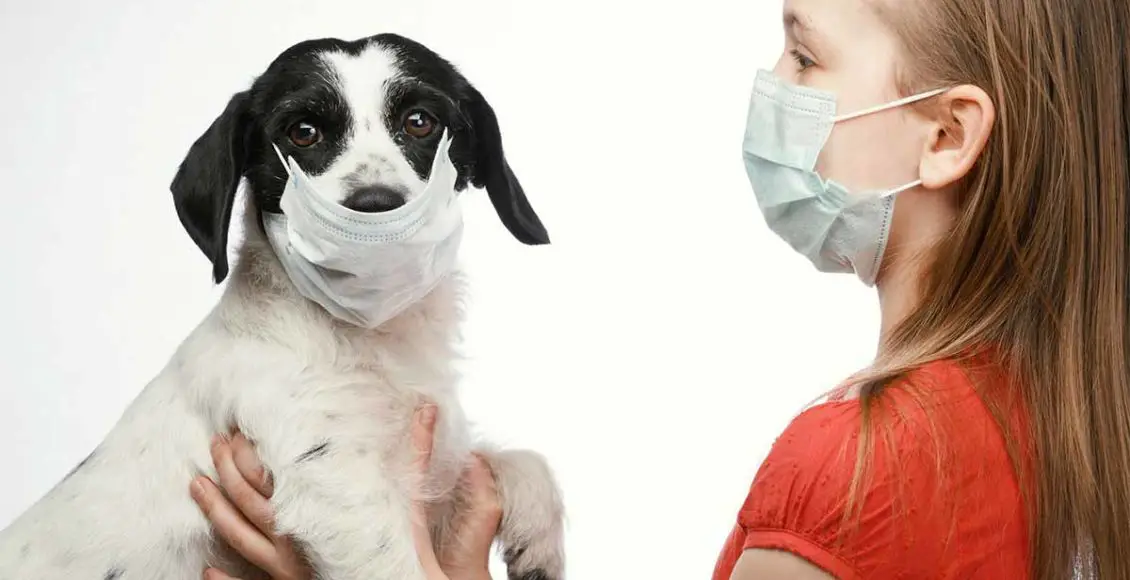Do pets help us cure COVID-19 depression? Let’s find out!
As the professor of Life Sciences Catherine Sanderson notes, animal shelters across the country are reporting a surprising silver lining to the current pandemic. This silver lining is the unprecedented rate of animal adoptions. Assumingly, pets do influence our response to coping with the mental health issues we struggle with throughout the pandemic.
However, researcher Hal Herzog questions: “Is there solid evidence that getting a pet will actually cure the COVID blues?”
Several months ago, experts in human-animal interactions surveyed 4,105 dog owners regarding this question. They found out that 70% of the participants were positive that their four-legged friends helped them cope with loneliness and depression caused by the pandemic.
Additionally, a UK study examining the impact pets have on their quarantined owners’ mental health showed some quite surprising results.
How does COVID-19 affect pet owners’ mental health?
In the UK research, around 90% of the nearly 6,000 participants were pet owners. They were asked questions including: “What were the perceived roles of pets during the lockdown and what concerns did they have related to pet ownership?”, “Does the strength of the human-animal bond differ by the species of their pets?”, “How is mental health and well-being associated with the strength of the human-animal bond in pet owners?”, and “Does owning a pet buffer the impact of lockdowns on loneliness and mental health?”
The examiners discovered that the vast majority of pet owners considered their pets important sources of emotional support. However, some of the answers respondents gave revealed that being deeply attached to pets is associated with more mental health issues. In this regard, the participants shared concerns related to problems with accessing veterinary care, not knowing who would take care of their pet if the owner became ill, and not being able to meet their pets’ food and exercise needs.
The most important topic the experts covered with their questionnaires was the correlation between pet-owning and coping with lockdown loneliness. In both groups of people, those who owned pets and the ones who did not, mental health scores during the quarantine went down, while their loneliness scores went up. However, concerning factors like gender, age, and living with someone else, the scores of pet owners did not go down as much as the scores of the non-pet owners.
Unfortunately, the average loneliness and mental health scores of pet owners’ mental health before and during the lockdown did not show a significant difference.
Surprisingly, having a pet did not seem to significantly improve the state of one’s mental health.
While many people believe that owning a pet would help them cope with loneliness and depression, Herzog points out that there are a number of scientific studies that do not support this theory. Therefore, adopting an animal only in a bid to overcome COVID-19 depression might not be a good decision. If you are willing to become a pet owner, please do so because you want to give the creature the love and care it deserves, not because you want to force some mental health coping mechanism.
Are you a pet owner? If yes, does your pet affect your mental health state throughout lockdown? Leave a comment to let us know!



